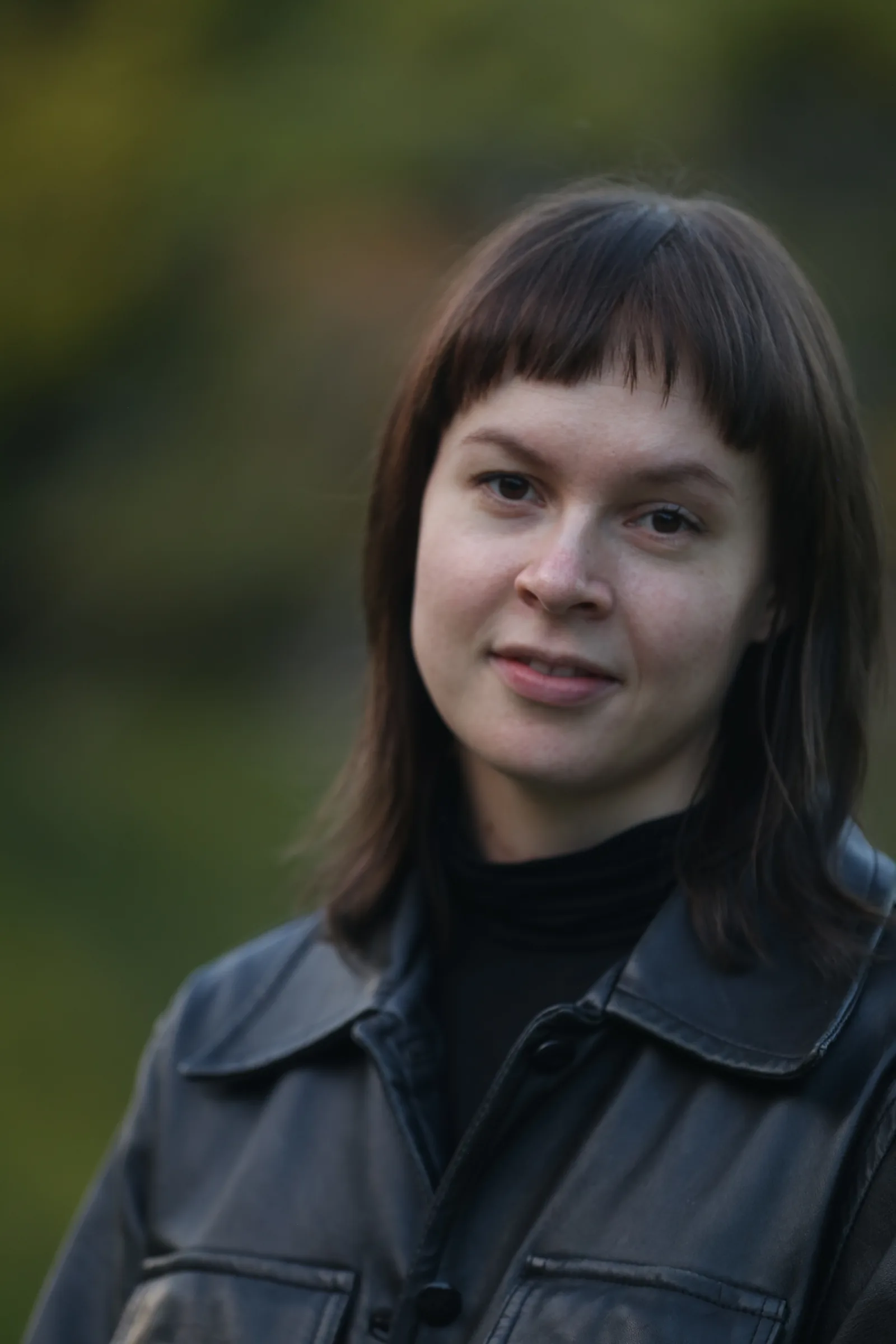The Rhetoric of Universality: Schleiermacher’s Romantic Religion
Ella Wilhelm, University of Chicago
In his speeches Über die Religion, Friedrich Schleiermacher reconceives religious experience romantically, as “Anschauen des Universums” (intuition of the universe). Yet rather than providing a clear definition of this experience, he laments that the encounter with the universe is unrepresentable, “wie ein zartes Gewächs, deßen Blüten sich noch in der umschloßenen Knospe befruchten.“[1] Schleiermacher here paints religion as a mysterious experience of fructification, one that is perpetually surrounded by poetic images, yet forever hidden in itself. He mobilizes this metaphor to convey the mystery of an immediate intuition of the universe, a union of the finite and the infinite.
In my paper, I attend to the long-neglected poetic and rhetorical dimension of Schleiermacher’s speeches on religion, examining the relationship between his conception of the intuition of the universe on the one hand, and the erotics of his descriptions on the other. By re-examining Schleiermacher’s descriptive poetics through the lens of ekphrasis, I challenge the consensus reading of his text, which emphasizes the incommunicability of romantic religious experience. As ekphrases, I argue that the speeches have the task of producing visual and sensory immediacy (enargeia) through a verbal medium – the virtuosity of their rhetoric consists in the seeming overcoming of this contradiction. In the Reden, immediacy is both figured and produced through the erotics of the “nuptial scene” of the second speech, where the speaker is taken up into an intimate embrace with the universe. This erotic encounter with a series of images – a woman, the universe, one’s own body – provides a paradigmatic example of the rhetoric of the Reden, which invites its readers to regard anything and everything (including images) as a simultaneous medium and part of the universe, to become erotically absorbed into the description and thus also the universe. As I also demonstrate, Schleiermacher’s Reden are in dialogue with the then-emerging romantic genres of the Bildbeschreibung and the Kunstgespräch, and can be regarded as making a significant contribution to the early romantic reinvention of ekphrasis.
[1] Friedrich Daniel Ernst Schleiermacher, Über die Religion. Reden an die Gebildeten unter ihren Verächtern, in Kritische Gesamtausgabe, ed. Hans-Joachim Birkner, Gerhard Ebeling, Hermann Fischer, Heinz Kimmerle, and Kurt-Victor Selge, 5 vols. (Berlin: De Gruyter, 1984), vol 1 sec. 2: 185-327, at 223. English: "Like a tender plant, whose blossoms already fertilize themselves in the enclosed bud." Translation mine.
About the German Studies Seminar Series
The Newberry Library German Studies Seminar series provides a forum for scholarship-in-progress in the area of German studies. The seminar is particularly interested in papers that cross disciplinary boundaries and that reconceptualize the materials and conventions of German Studies as a field, including beyond the frames of the German language and nation state. Like all Newberry Scholarly Seminars, meetings are conversational and free and open to faculty, graduate students, and members of the public, who register in advance to request papers.
